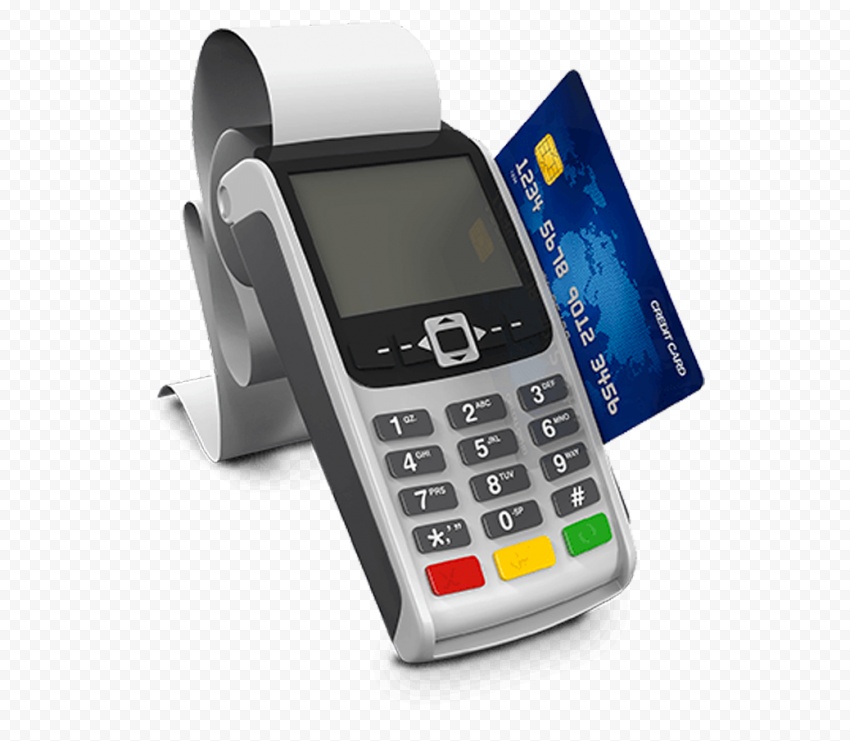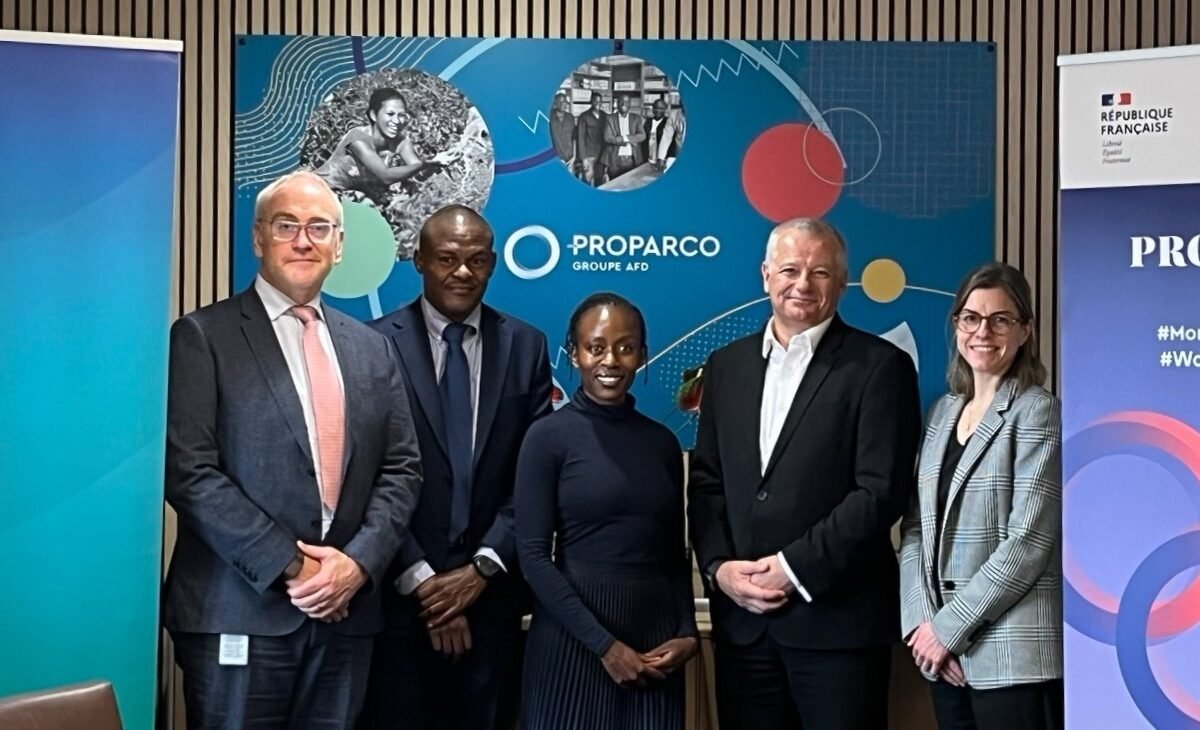

Tanzania Cancels Card Payment Charges to Boost Digital Transactions
In a move to encourage digital transactions, the Bank of Tanzania (BOT) has announced the elimination of all charges on card payments. Effective immediately, payments made using debit, credit, or prepaid cards at point-of-sale (POS) machines will no longer incur any fees. This decision aims to shift the country towards a cash-lite economy by promoting the use of digital payment methods.
Merchants have been cautioned against violating this directive, with penalties in place for non-compliance.
Governor Emmanuel Tutuba of the BOT emphasized that this initiative is part of the central bank’s broader strategy to enhance digital payment adoption. The BOT plans to promote the widespread use of POS machines to facilitate and encourage digital transactions, providing benefits such as improved security, transparency, and convenience.
Tanzania’s Economic Outlook and Digital Payment Growth
The World Bank projects a positive medium-term outlook for Tanzania’s economy, with an anticipated GDP growth rate of approximately 6%. Key sectors driving this growth include manufacturing, electricity, construction, tourism, trade, and financial services. The growing popularity of digital payments due to their convenience and speed is expected to contribute significantly to this economic expansion.
According to Statista, the total transaction value in Tanzania’s digital payments market is forecasted to reach US$4,430 million in 2024, with mobile POS payments being the largest segment.
Digital Payment Adoption in Africa
A report by Business Insider Africa highlights that only a few African countries have over 50% of their population using digital payment channels. Kenya and South Africa lead the continent in digital payments, with adoption rates of 75.8% and 70.5%, respectively. Other countries exceeding 50% adoption include Ghana, Gabon, Namibia, Zimbabwe, and Lesotho. Tanzania ranks eighth, with 48.4% of its population utilizing digital platforms for transactions.
Financial Inclusion and Mobile Phone Ownership
According to FinScope, financial inclusion in Tanzania has increased significantly, with 76% of the population now formally included, up from 65% in 2017. This growth aligns with the rise in mobile phone ownership, which has increased from 63% to 75% during the same period. Access to commercial banking services has also improved, rising from 17% to 22% since 2017, largely due to the enhanced accessibility of these services through mobile phones.






















